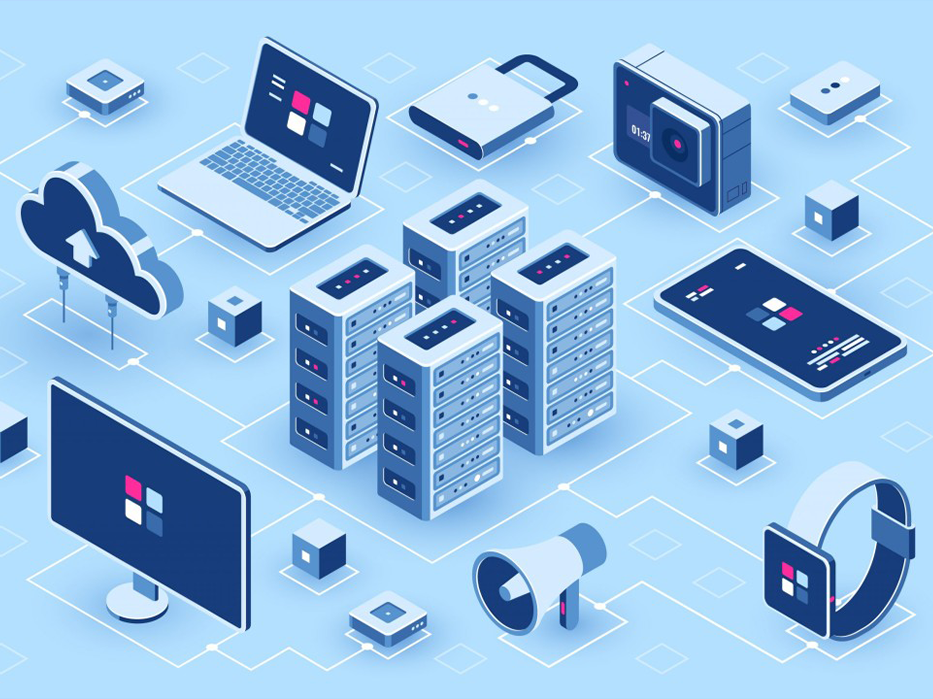The rise of Artificial Intelligence (AI) and Machine Learning (ML) represents a monumental shift in the landscape of technology, impacting industries, economies, and societies on a global scale. At its essence, AI refers to the capability of machines to perform tasks that traditionally require human intelligence, such as understanding natural language, recognizing patterns, and making decisions based on data. Machine Learning, a subset of AI, focuses on developing algorithms that enable computers to learn from data and improve their performance over time without explicit programming.
The ascent of AI and ML can be attributed to several key factors. First and foremost is the exponential growth in computational power, facilitated by advancements in hardware like GPUs (Graphics Processing Units) and specialized AI chips. This surge in processing capability has empowered AI algorithms to handle vast amounts of data and complex computations at speeds unimaginable just a decade ago.
Secondly, the proliferation of big data has played a pivotal role. With the advent of the internet, social media, connected devices (IoT), and digital transactions, the world now generates an unprecedented volume of data every day. AI and ML thrive on this data deluge, using it to train algorithms and extract valuable insights that drive decision-making across various domains.
AI and ML applications have permeated nearly every sector. In healthcare, AI algorithms are revolutionizing diagnostics and personalized medicine by analyzing medical images, genomic data, and patient records to identify diseases earlier and tailor treatments more effectively. In finance, ML models are optimizing trading strategies, detecting fraud in real-time, and providing personalized financial advice. In transportation, autonomous vehicles are poised to transform mobility, offering safer and more efficient transportation solutions.
Moreover, AI-driven advancements are reshaping customer service with virtual assistants capable of understanding and responding to natural language queries, enhancing entertainment with recommendation systems that personalize content consumption, and revolutionizing manufacturing with robotic automation and predictive maintenance.
However, the rapid adoption of AI and ML is not without challenges. Ethical considerations abound, particularly concerning algorithmic bias, data privacy, and the potential societal impact on jobs and inequality. Algorithms trained on biased data can perpetuate or even amplify societal biases, while the collection and use of personal data raise concerns about privacy and surveillance.
Furthermore, the deployment of AI systems raises complex questions about accountability and transparency. As machines make decisions autonomously, ensuring they operate ethically and can be held accountable for their actions becomes crucial. Regulatory frameworks are evolving to address these challenges, aiming to strike a balance between fostering innovation and safeguarding societal values.
Looking forward, the trajectory of AI and ML promises continued innovation and disruption. Research frontiers such as reinforcement learning, which enables AI systems to learn through trial and error, and advancements in neural networks inspired by the human brain, suggest that AI capabilities will only deepen and broaden in the coming years.
Ultimately, the rise of AI and ML heralds a future where technology increasingly augments human capabilities, transforming industries and unlocking new possibilities across sectors. As we navigate this transformative era, it becomes imperative to harness the potential of AI responsibly, ensuring that its benefits are shared equitably while mitigating its risks. The journey ahead promises to be both challenging and exhilarating as we shape a future where AI and ML contribute positively to the betterment of society.





